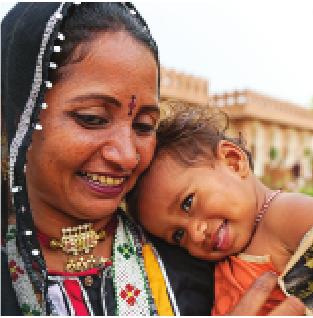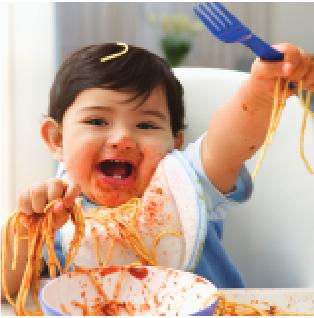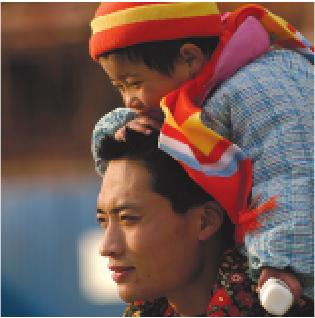Part IIThe Developing Person So Far: The First Two Years
Biosocial

Growth in Infancy
Over the first two years, body weight quadruples and brain weight triples. Connections between brain cells grow dense, with complex networks of dendrites and axons. Experiences that are universal (experience-
Perceiving and Moving
Brain maturation as well as culture underlies the development of all the senses. Seeing, hearing, and mobility progress from reflexes to coordinated voluntary actions, including focusing, grasping, and walking.
Surviving in Good Health
Infant health depends on immunization, parental practices (including “back to sleep”), and nutrition. Breast milk protects health. Survival rates are much higher today than even a few decades ago.
Cognitive

Sensorimotor Intelligence
As Piaget describes it, in the first two years, infants progress from knowing their world through immediate sensory experiences to “experimenting” on that world through actions and mental images.
Information Processing
Information-
Language: What Develops in the First Two Years?
Interaction with responsive adults exposes infants to the structures of communication and language. By age 1, infants usually speak a word or two; by age 2, language has exploded—
Psychosocial

Emotional Development
Babies soon progress to smiling and laughing at pleasurable objects and events, and experience anger, sadness, and fear. Toddlers develop self-
The Development of Social Bonds
Parents and infants respond to each other by synchronizing their behavior. Toward the end of the first year, secure attachment to the parent sets the stage for the child’s increasingly independent exploration of the world. Insecure attachment—